The Positive Impact of Art on Longevity: Creativity & Self-Expression
Recent research has shed light on the positive influence of art on longevity, revealing that as little as 45 minutes engagement in creative activities can significantly enhance your lifespan by a decade.
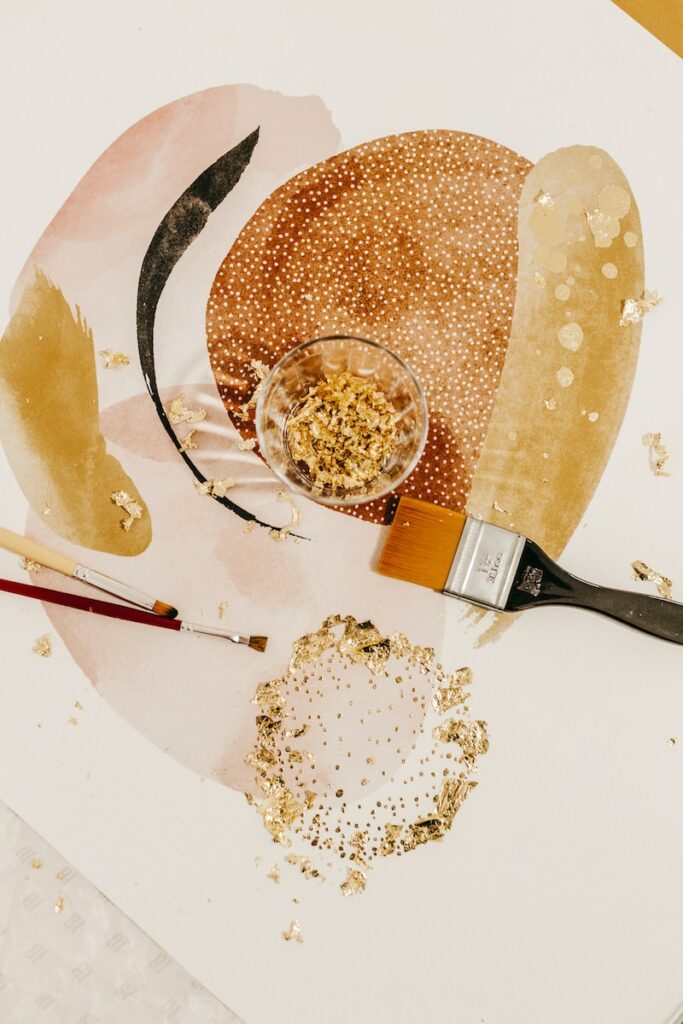
Recent research has shed light on the positive influence of art on longevity, revealing that as little as 45 minutes engagement in creativity and self-expression can significantly enhance your lifespan by a decade. Art has been an integral part of the story of humanity for thousands of years, serving as a means of expression, communication, and emotional healing. In this article, we will explore the various ways in which art can contribute to a longer, healthier life, the disconnect within yourself and the compelling findings of Magsamen and Ross as we celebrate their book release next week.
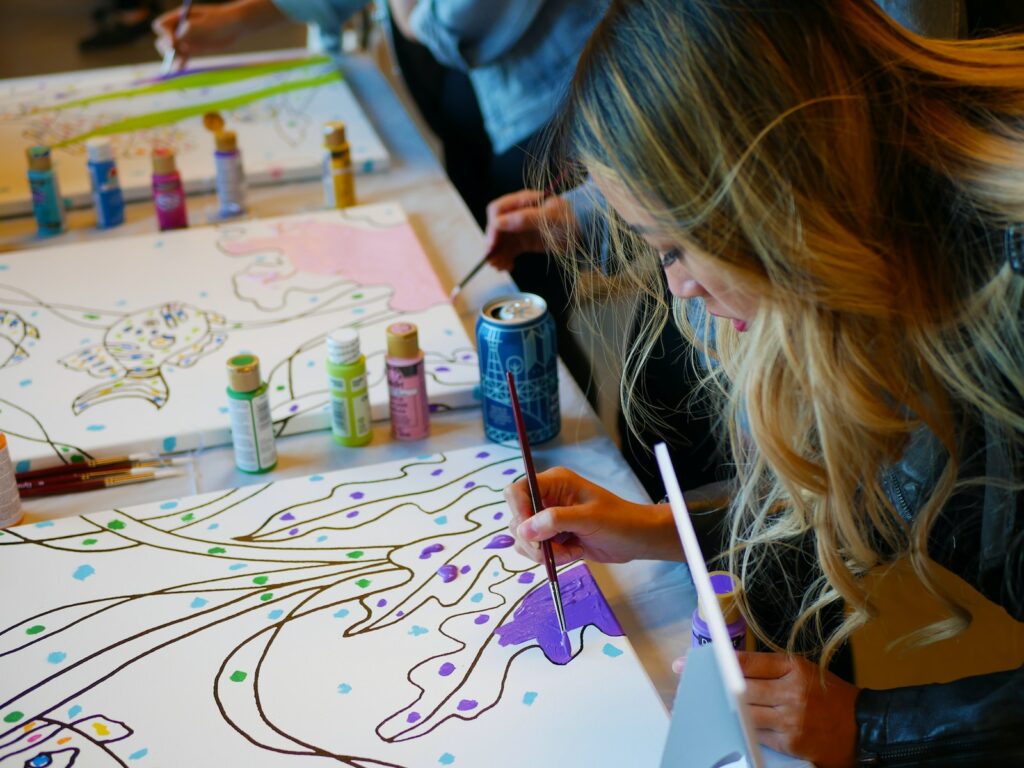
Table of Contents
The positive impact of art: connecting your natural creativity and self-expression
The misalignment between your creative gifts, your authentic identity and the expectations imposed by society can profoundly affect mental health. When you feel obligated to conform to social norms and suppress your innate talents, you might experience a variety of adverse psychological outcomes, such as:
Anxiety: Conforming to societal expectations and the apprehension of inadequacy can result in persistent anxiety and unease.
Depression: The detachment from one’s genuine self and the suppression of distinct talents can lead to feelings of despair, hopelessness, and a lack of enthusiasm.
Low self-trust: When individuals perceive themselves as insufficient or believe their unique abilities are not appreciated, their self-esteem may decline, influencing their overall sense of self-worth.
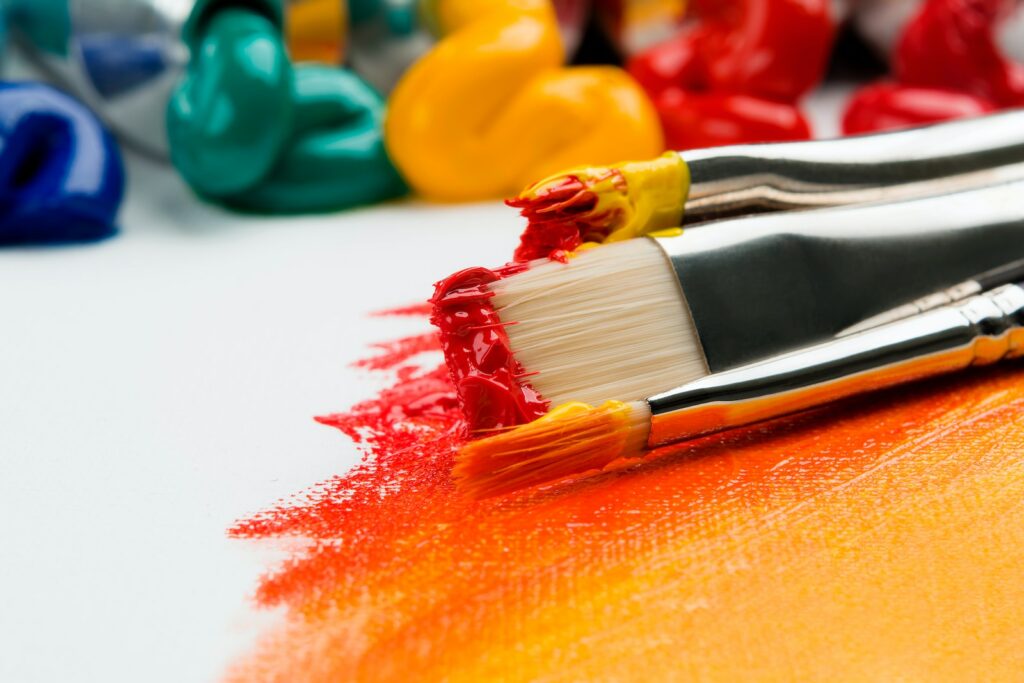
The science behind Art and longevity
In their New York Times Bestseller, Your Brain on Art: How the Arts Transform Us, authors Susan Magsamen and Ivy Ross explore the profound impact of art on human well-being and longevity. Drawing on cutting-edge research in the field of neuroaesthetics, Magsamen and Ross make a compelling case for the transformative power of artistic engagement on mental, emotional and physical health.
The authors reveal that participating in creative activities for just 45 minutes can significantly reduce cortisol levels, the primary stress hormone, regardless of one’s artistic ability. Furthermore, they demonstrate that engaging in artistic experiences at least once a month can lead to an astonishing ten-year extension of life expectancy.
Can art enhance our cognitive function and cultivate emotional resilience? The book also emphasizes the potential of art to transform traditional medicine, build healthier communities, and contribute to the healing of our planet.
Your Brain on Art” is a ” guide to how neuroaesthetics can help us transform traditional medicine, build healthier communities and mend an aching planet.” The authors look into the science behind these remarkable findings and highlights the power of creativity and the impact on longevity.
Featuring insights from multidisciplinary pioneers and inspiring stories from individuals who have experienced the life-changing power of art, “Your Brain on Art” serves as a comprehensive guide to the benefits of artistic engagement. Magsamen and Ross’ groundbreaking work not only underscores the importance of incorporating art into our lives but also marks the beginning of a cultural shift in which the arts are recognized as a potent, accessible, and vital component of human well-being.
According to Magsamen and Ross, engaging in artistic activities for as little as 45 minutes can reduce cortisol levels, the primary stress hormone in the body. This reduction in stress, regardless of your artistic skill level, can have a profound impact on overall health and well-being. Moreover, their research suggests that participating in artistic experiences at least once per month can extend one’s life by up to ten years.
Stress is a well-known factor that can negatively affect one’s health and contribute to a shortened lifespan. Art has been shown to alleviate stress by:
- Relaxation and mindfulness
- Encouraging self-expression and emotional release
- Enhancing self-awareness and creativity
By reducing stress through artistic engagement, you can experience a multitude of health benefits and improvements in overall well-being, ultimately leading to increased longevity.
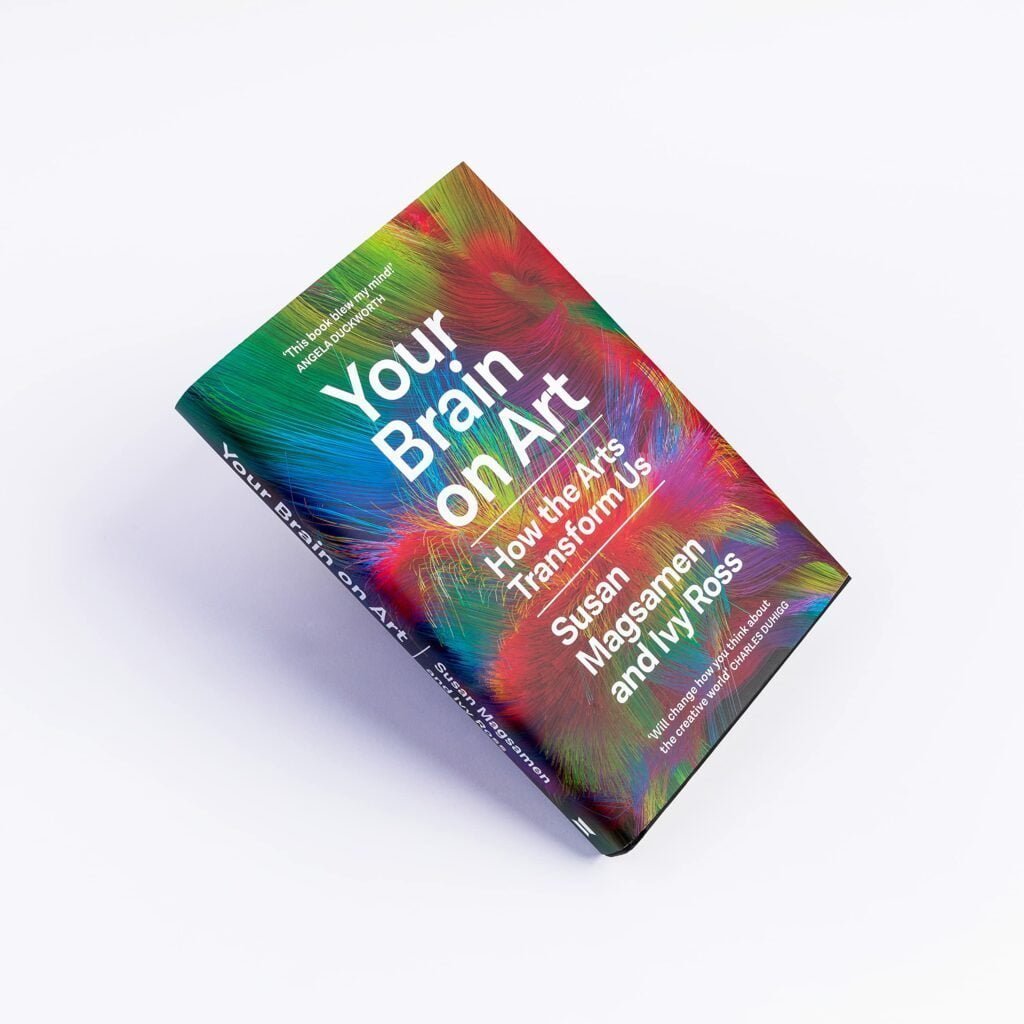
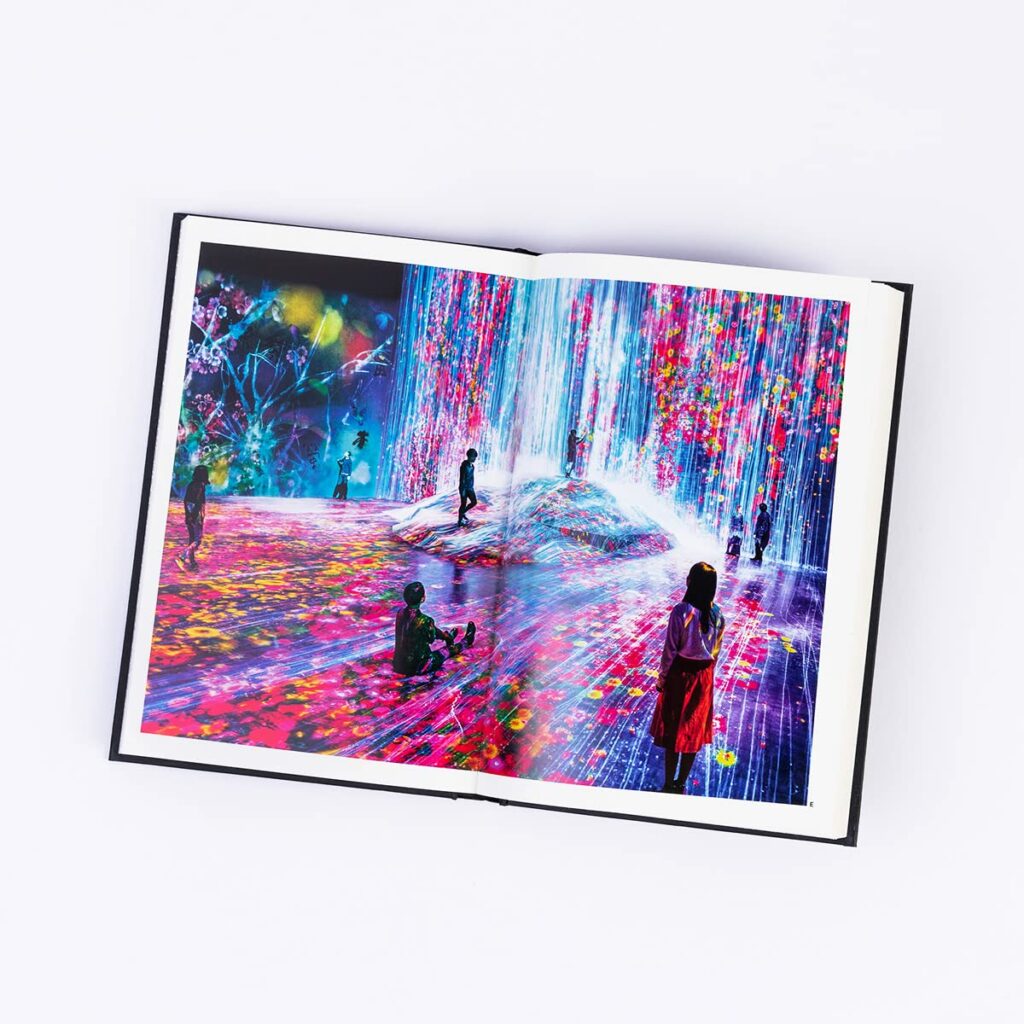
Art- a gate to longevity and multidimensional powers within
The positive effect of art on longevity can be attributed to a wide range of factors, encompassing emotional, cognitive, and social aspects. Some of these benefits include:
Improved Cognitive Function
Engaging in creative activities can stimulate the brain, enhance cognitive flexibility, and promote the development of new neural connections. These cognitive improvements can contribute to better decision-making, problem-solving, and overall brain health, all of which play a crucial role in extending one’s lifespan.
Enhanced Emotional Well-Being
Art offers a powerful means of emotional expression, allowing individuals to process and release difficult emotions in a healthy and constructive manner. By fostering emotional resilience and well-being, art can have a lasting impact on mental health, further contributing to longevity.
Social Connection and Support
Participating in artistic activities can also provide opportunities for social interaction and support, which are vital components of a long, healthy life. By connecting with others through shared creative experiences, individuals can establish meaningful relationships and foster a sense of purpose and community.
What forms of Art nurture self-expression?
The influence of art on longevity is not limited to any particular form or medium. A diverse range of artistic pursuits can contribute to enhanced health and well-being, including:
- Painting and drawing
- Dance and movement
- Expressive writing
- Sculpture and ceramics
- Photography and digital art
- Architecture and design
By exploring various artistic mediums and discovering one’s unique creative passions, individuals can reap the numerous benefits associated with art engagement and contribute to a longer, more fulfilling life.
The research conducted by Magsamen and Ross provides compelling evidence for the profound impact of art on longevity. By engaging in artistic activities, individuals can reduce stress, improve cognitive function, enhance emotional well-being, and foster social connections, all of which contribute to a longer, healthier life. Embracing the power of creative expression and incorporating art into one’s daily routine can lead to a multitude of physical, mental, and emotional benefits, ultimately promoting a more vibrant and fulfilling existence.
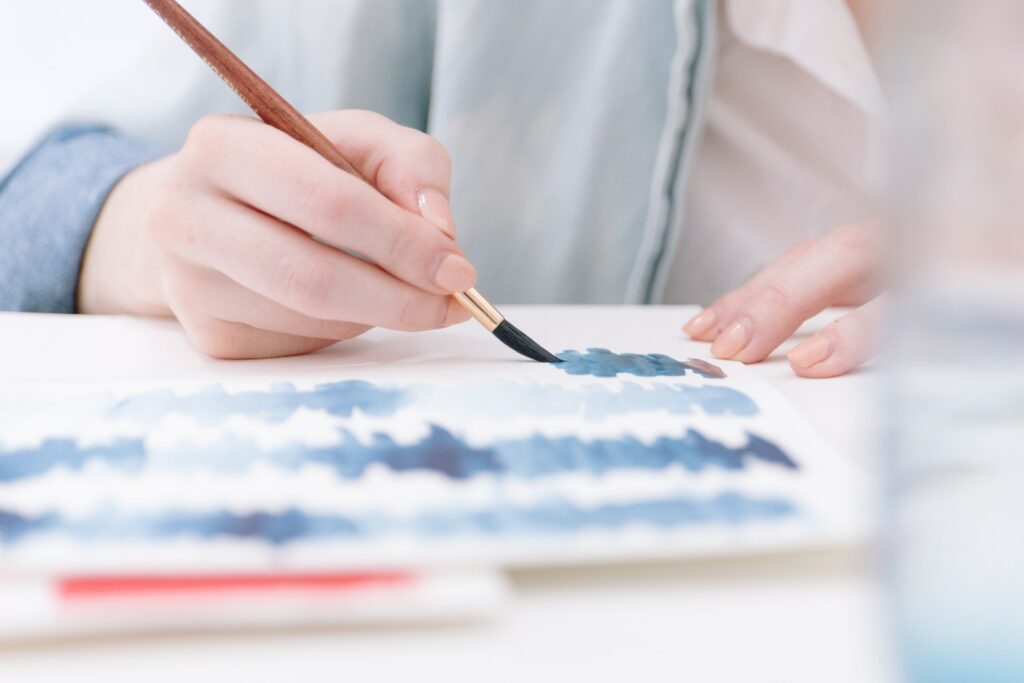
Encouraging Art engagement for a healthier society
Given the significant impact of art on longevity, it is essential for individuals and communities to prioritize and encourage artistic engagement in daily life. By promoting the importance of creativity and artistic expression, we can contribute to a healthier and more vibrant society.
There are numerous ways to facilitate art engagement at the individual, community, and societal levels. Some of these strategies include:
Accessible Art Education: Providing access to quality art education, both in schools and within the community, is crucial for nurturing creativity and fostering a lifelong love of art. By exposing children and adults to diverse art forms and techniques, we can empower them to explore their creative passions and cultivate a lasting appreciation for the arts.
Community Art Programs: Establishing community art programs, such as workshops, classes, and exhibitions, can provide valuable opportunities for individuals to engage with art in a supportive and inclusive environment. These programs can cater to a wide range of interests and skill levels, enabling people to connect with their artistic side and reap the associated health benefits.
Public Art Installations: Integrating public art installations into urban landscapes can inspire creativity and encourage artistic engagement within the broader community. By making art an integral part of our shared spaces, we can foster a culture of creativity and contribute to a healthier, more vibrant society.
Promoting Art Therapy: Increasing awareness of art therapy and its numerous benefits can encourage more individuals to explore this therapeutic approach and experience its positive effects on longevity. By promoting art therapy as a viable and valuable form of mental health support, we can help individuals access the healing power of creative expression.
The role of technology in Art engagement
Advancements in technology have provided new and innovative ways for individuals to engage with art, further enhancing its accessibility and impact on longevity. Some examples of technology-driven art engagement include:
Online Art Classes: Virtual art classes and workshops offer a convenient and flexible way for individuals to explore their creative interests and develop their artistic skills. By providing access to a wide range of educational resources, online platforms can foster artistic engagement and contribute to the health benefits associated with art.
Digital Art Tools: The development of digital art tools, such as graphic design software, digital painting programs, and virtual reality experiences, has expanded the possibilities for artistic expression and exploration. By embracing these cutting-edge technologies, individuals can engage with art in new and exciting ways, further enhancing its impact on longevity.
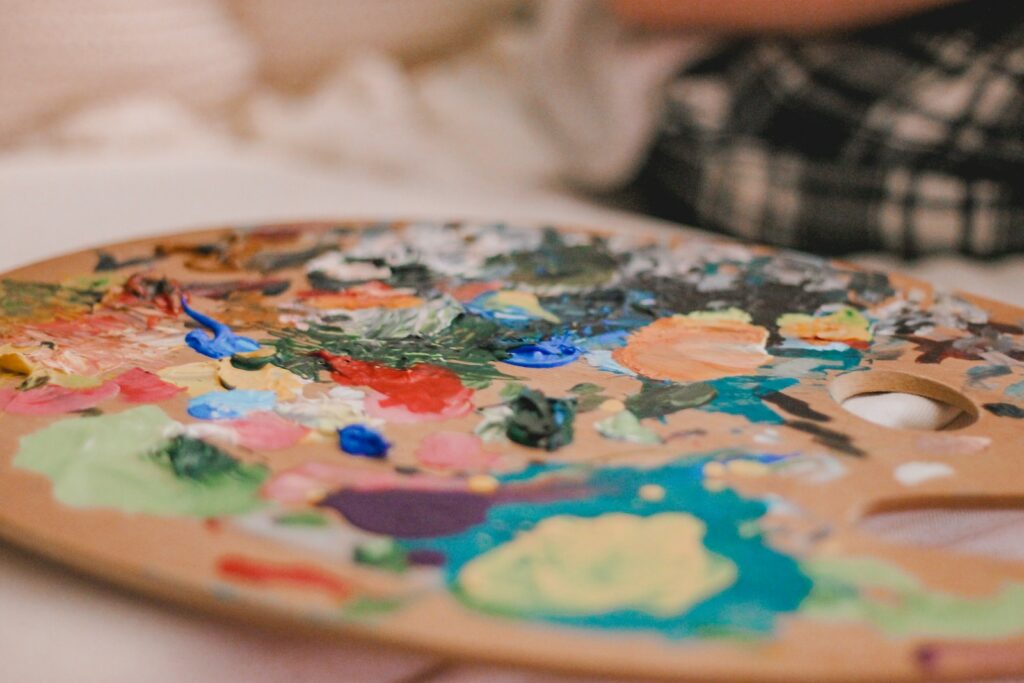
Art is everywhere: from art galleries and social media to your own brain
Social media platforms and art sharing websites provide a powerful means for artists to connect, collaborate, and showcase their work. By fostering a sense of community and support among artists, these platforms can contribute to the social benefits of art engagement and promote a culture of creativity.
Researchers have found a correlation between regular participation in arts-related events and a lower risk of premature death. The study, conducted over a span of 14 years, analysed data from over 6,000 adults in England who were aged 50 or older. Participants who engaged in cultural activities such as attending London’s museums, galleries, and theatres at least once every few months had a 31% lower risk of dying during the study period, compared to those who never participated in such activities.
Although the research doesn’t establish a causal relationship between cultural engagement and longevity, the findings suggest that there could be multiple factors contributing to the correlation. These factors may include reduced stress, increased social interaction, and cognitive stimulation, all of which have been linked to improved overall health and well-being.
There are many studies offering valuable insights into the potential health benefits of art and cultural engagement, highlighting the role of arts and cultural experiences into our lives for enhanced well-being and longevity.
Fostering art engagement is essential for longevity and enhancing your overall health and your communities. We encourage artistic expression and cultivate a more creative, vibrant and healthy society. Do you want to share your story and inspire our readers ? Know that every story is paving the way for a brighter, happier future.





